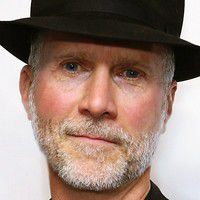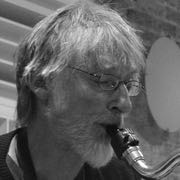Helena Tulve (born April 28, 1972 in Tartu) is an Estonian composer.
Born in Tartu, she studied composition at the Tallinn Secondary Music School under Alo Põldmäe and from 1989–1992 at the Estonian Academy of Music with Erkki-Sven Tüür, being the latter’s sole student of composition thus far. In 1994 Tulve graduated with the Premier Prix from Jacques Charpentier’s composition class at the Conservatoire Superieur de Paris. Between 1993 and 1996 she furthered her knowledge of Gregorian chant. She has also attended György Ligeti’s and Marco Stroppa’s summer courses.
Tulve belongs to the younger generation of Estonian composers who, in contrast to the neo-classicist tradition of rhythm-centeredness, create music which focuses on sound and sonority. Tulve’s works give a fair idea of the richness and variety of her cultural experience: the French school of spectral music, IRCAM’s experimentalism, Kaija Saariaho and Giacinto Scelsi, echoes of Gregorian chant and Eastern musics. Deriving from her refined sound processing, Tulve’s approach to form is “fluid” – more process based than architectonic.









